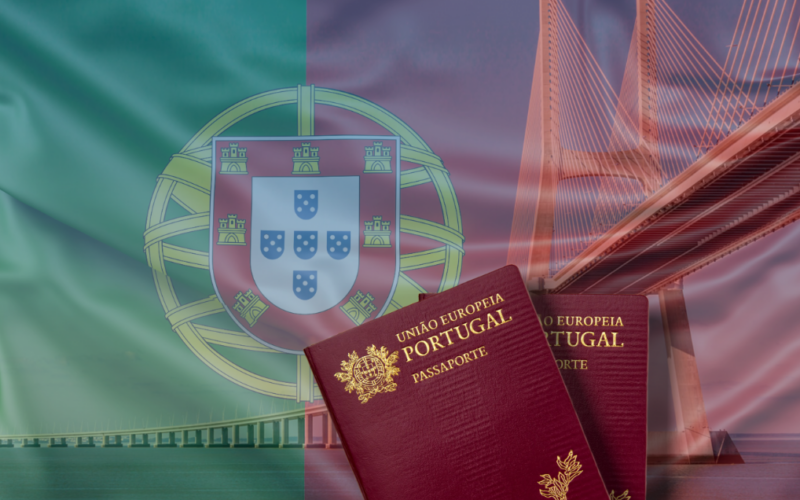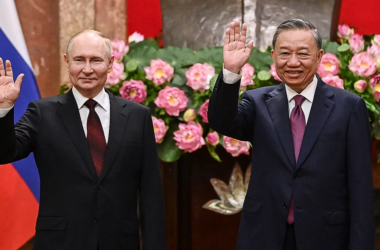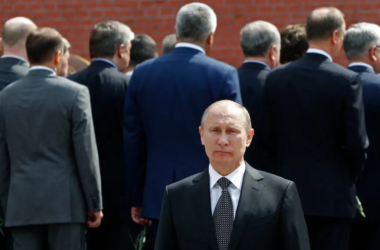Portugal has revamped its renowned “golden visa” program, redirecting the eligibility criteria away from property investments to bolster residency rights. The adjustments, introduced by the Portuguese government in response to housing concerns and European Commission recommendations, now channel prospective investors toward alternative avenues, particularly investment funds.
Initially launched in 2012, Portugal’s golden visa program entailed obtaining residency rights for wealthy non-European Union (EU) nationals who invested in the country. Over the years, the scheme attracted significant funds, totaling 7.3 billion euros since its inception. Predominantly participants from China, Brazil, and the United States engaged in the program, with around 90% of investments flowing into the real estate sector. The surge in property-related investments prompted concerns about housing affordability in Portugal, one of Western Europe’s less affluent nations.
In response to the perceived impact on the housing market, the Portuguese government decided to tighten the golden visa rules in February 2023, eliminating property as a qualifying investment. However, the avenue of investment funds, available since 2015, has gained prominence. Applicants now need to transfer 500,000 euros to one or more qualifying funds, emphasizing a shift away from real estate-centric investments. This alteration aims to diversify the investment landscape and minimize potential negative repercussions.
Legal experts anticipate a surge in investment funds becoming the primary channel for golden visa applications. Pela Terra, a sustainable agriculture investment fund, and Sharing Education, focusing on international schools in Portugal, exemplify funds positioned to benefit from the revised regulations. While the impact on Portugal’s overall investment attractiveness is yet to be quantified, the exclusion of real estate may lead to a decrease in total funds flowing into the country.
Despite the strategic shift, some experts express concerns about the complexity and uncertainty surrounding the revised rules. Questions arise about the classification of indirect real estate investments and the implications for existing funds. Additionally, political uncertainties, with Portugal facing a snap election in March, contribute to concerns about legislative instability affecting the golden visa process.
Portugal’s recalibration of the golden visa program underscores efforts to address housing challenges and align with European Commission recommendations. The increased focus on investment funds introduces a diverse investment landscape, with legal and procedural intricacies yet to be fully clarified. As the golden visa program evolves, its impact on Portugal’s economic landscape, investor preferences, and the overall efficacy of the revised regulations will become clearer in the coming months.








